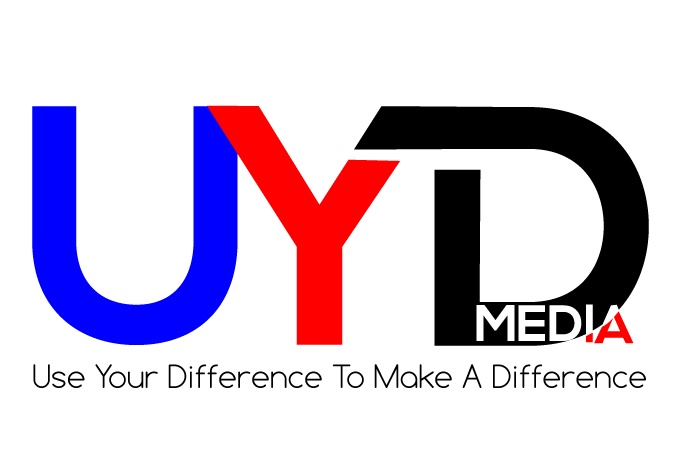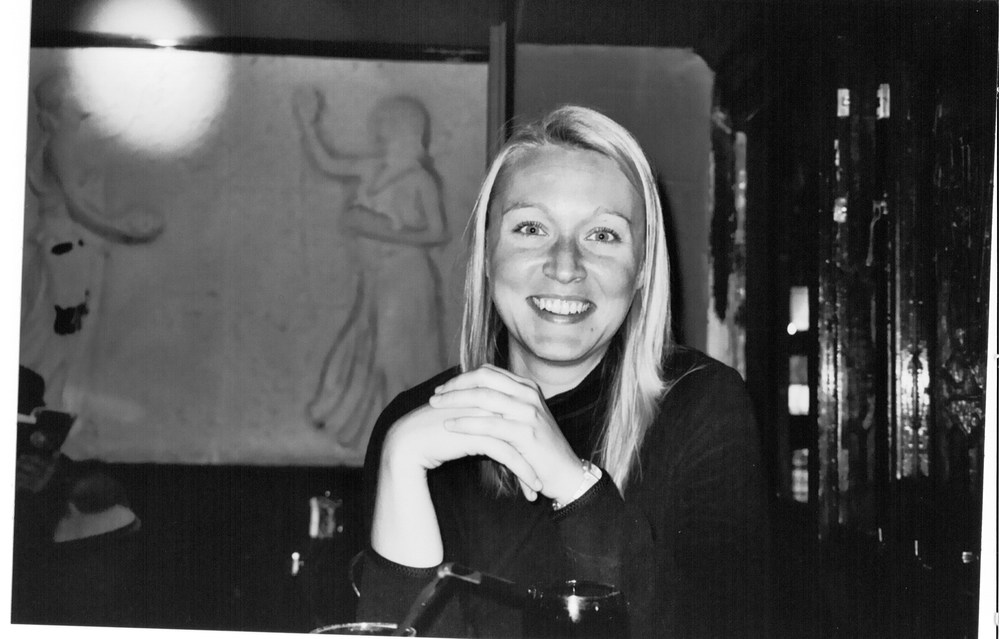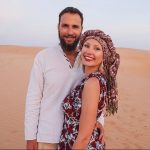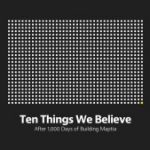Can you tell us about your background?
I am 35 years old and a British citizen. My father is from Northern Ireland and my mother is from Wales. He worked for UNHCR and his first posting was in Botswana where I was born in 1979. His job required moving ever 2,3 or 4 years. So, I grew up there and in Zimbabwe, France, the USA, Turkey and Switzerland. I ‘repatriated’ to the UK when I was 17 to finish my education at boarding school. I went to university in London to read English Literature. I worked as an ESOL teacher before retraining to become a primary school teacher specializing in modern foreign languages. I was in London for 8 years before getting married. I then became an ‘accompanying’ spouse as my husband is an engineer and was posted abroad. We have lived together in China, the United Arab Emirates, France and we are now in The Netherlands. I worked as a teacher in each country except China. I am not working at the moment as I have a 2 year old daughter. I will return to work once she starts school.
So you’ve travelled, lived and worked in several countries. Can you tell us what you’ve learned from your time overseas? What was the experience like?
I actually did not want to leave London as I was very happy there but it had to be done. It’s been 8 years now since I left. At first, the experience was fine. I enjoyed meeting new people, exploring whatever country we were in, throwing myself into my teaching work etc But I was not an adult who was just starting to travel. There was no novelty in that sense. I was an Adult TCK. The relocations started to trigger unwelcome feelings from when I was a child, of ‘starting over’ and being an ‘outsider’. The delayed grief attributed to TCKs suddenly hit me hard in my 30s and especially when I became a mother. I found myself reexamining my identity, where I belonged and what I wanted for my daughter.
How have resolved that feeling of home?
The writer Peter Ackroyd once wrote: “London goes beyond any boundary or convention. It contains every wish or word ever spoken, every action or gesture ever made, every harsh or noble statement ever expressed. It is illimitable. It is Infinite London.” And he is absolutely right. Not only was it the capital city of my passport country and where my native tongue was spoken but it was heaven for a TCK. The city welcomed me. I could just be myself. And for the first time in my life I could attach and get to know a place deeply. Though I missed and still do miss the city, I resolve the yearning for this home by knowing it is there and that I can go any time. I also know that I will return there one day to remain permanently.
For someone looking to get into a career like yours, what would you say to him/her?
I am a teacher. If a teacher wanted to work outside their home country, the best advice I could give would be to know their students as best they can. In Abu Dhabi I worked for an educational reform charity. The government in the UAE wanted all teachers to speak English and to teach Maths and Science in English. My job was to make sure the teachers spoke English well enough to do this. But when I turned up for work, in a very conservative and sex segregated society, I found that the female teachers in an all girls school were not so keen for me to be there. I could not just start teaching English. I had to get to know them. I asked them to teach me Arabic, to tell me about their religion, where they lived etc…Gradually, they began to ask me the same questions. Bridges and trust were built and the teaching could begin.
What is one way in which you connect with people when you travel
Facebook has been very important to me since I’ve left London. Sharing photos, local news articles and publishing blogs have all helped to keep ties.
Our mission statement is “use your difference to make a difference” and that is something I try to live by everyday. What is one way you use your difference to make a difference?
As a teacher I have and will continue to use my TCK identity in all aspects of my career in education. I will not be raising my daugther as a TCK but that doesn’t mean she will be raised in a mono-cultural or monolingual environment. In any case, that would be impossible in a city like London! On a personal level, I will be striving for her to be aware and experience all the diversity in the city.It is also equally important to me that she knows as much about the country where she is from and lives. At school, as a teacher and/or governor I will be alert to what example the school is setting in the curriculum: Is there a strong focus on foreign language? If French is being taught, do the students know that French is not only spoken in France but also Belgium, Switzerland, Canada and Cote d’Ivoire? Do they know why it’s spoken there? Is that being examined in History classes? Are current events being taught? Does the school engage in school partnerships or school exchanges? Are links being made between English literature and literature in English from abroad?
Here at UYD we like to discover new ways to embrace our identity. Can you talk about a time when you overcame a challenge by accepting who you are and embracing your global identity?
I described earlier how delayed grief processed and caught up with me. I decided to read all the literature I could on TCKs and to reach out to other ones. I knew that I could not change the past and I had to accept who I was. I also saw that as the world becomes more globalized the more TCKs there are. The book Third Culture Kids:Growing up Among Worlds gave me courage as it made me understand who I am. I now feel it’s our time! TCKs have something to say, especially the adult ones and I have found that more and more people are becoming interested in our perspective on the world.
What piece of advice would you give your younger self?
I was a very talented soccer/football player. I started playing it in the United States but the multiple moves made me give it up. I would tell my younger self not to, to find a way to keep playing, however difficult.
Can you talk about the importance of being exposed to new cultures?
The best thing about being exposed to new cultures is being exposed to the people! My husband often remarks how emotional I can become when watching or reading the news. I believe this is because TCKs don’t just watch or read the headlines, we often lived them. We left part of ourselves in the countries we grew up in and with the people who we lived among. But being exposed to new cultures also taught me how important it is to humans to belong, to attach. That is something non TCKs can take for granted.
What about getting outside your comfort zone?
I was a fish out of water when, ironically, I returned to the UK. I looked British but I wasnt really British. And they suspected something about me too, the first question always being ‘where are you from?’ I had to get to know my country, in reverse as an adult, and this was uncomfortable and sometimes hurt but was worth it in the long run.
Country with the best food
France and Turkey has the best local cuisine but in London you can find food from just about anywhere in the world!
Country with the best music
The USA and the UK
Country with the best movies
I love watching movies from all and any countries as long as they aren’t dubbed. Subtitles please!
Country with the friendliest people
Very hard to say. Each country I’ve been to, the people are friendly in different and unique ways. In The Netherlands, where my family has just moved to, I have noticed how strangers always smile and greet me and stop to chat to my daughter. In Turkey and the UAE, I remember the hospitality and loyalty. In China, people were reserved but very curious.
Where can we find out more about you and what are you up to?
I love fiction and creative writing. I am always on the lookout for TCK authors or characters. I’m also interested in the stories of CCKs, immigrants, migrants, refugees, adoptees and children who grew up in foster care. I hope to publish my own novels. Please keep up to date on my Twitter account.





